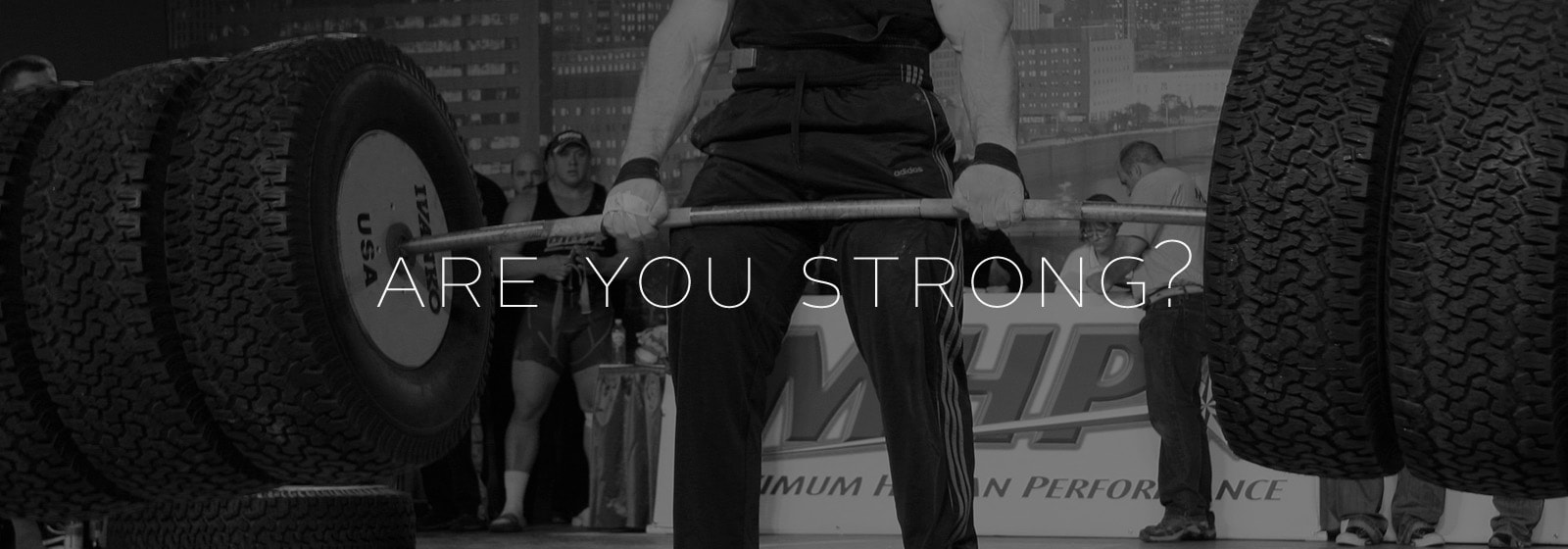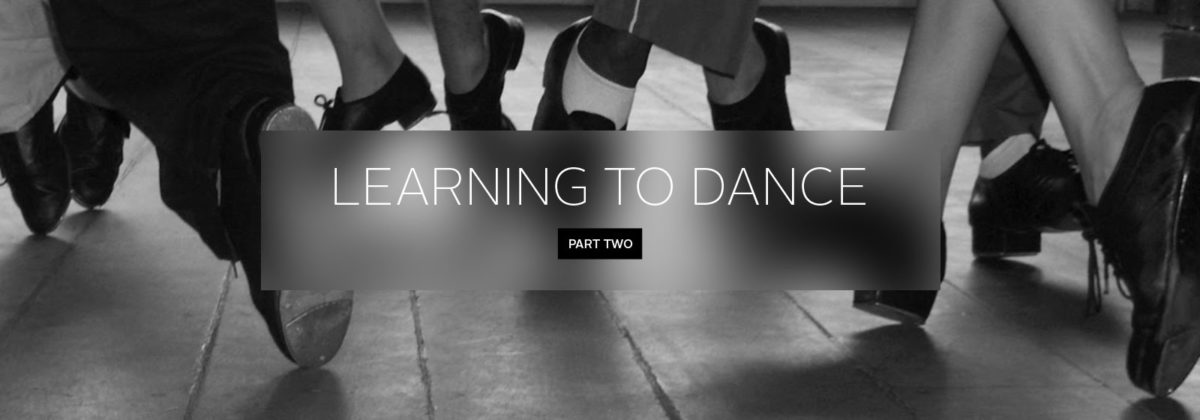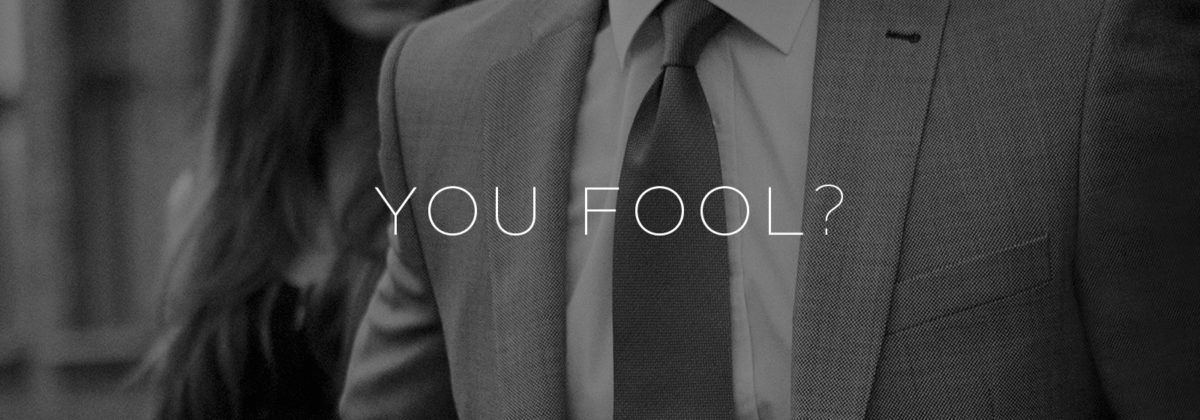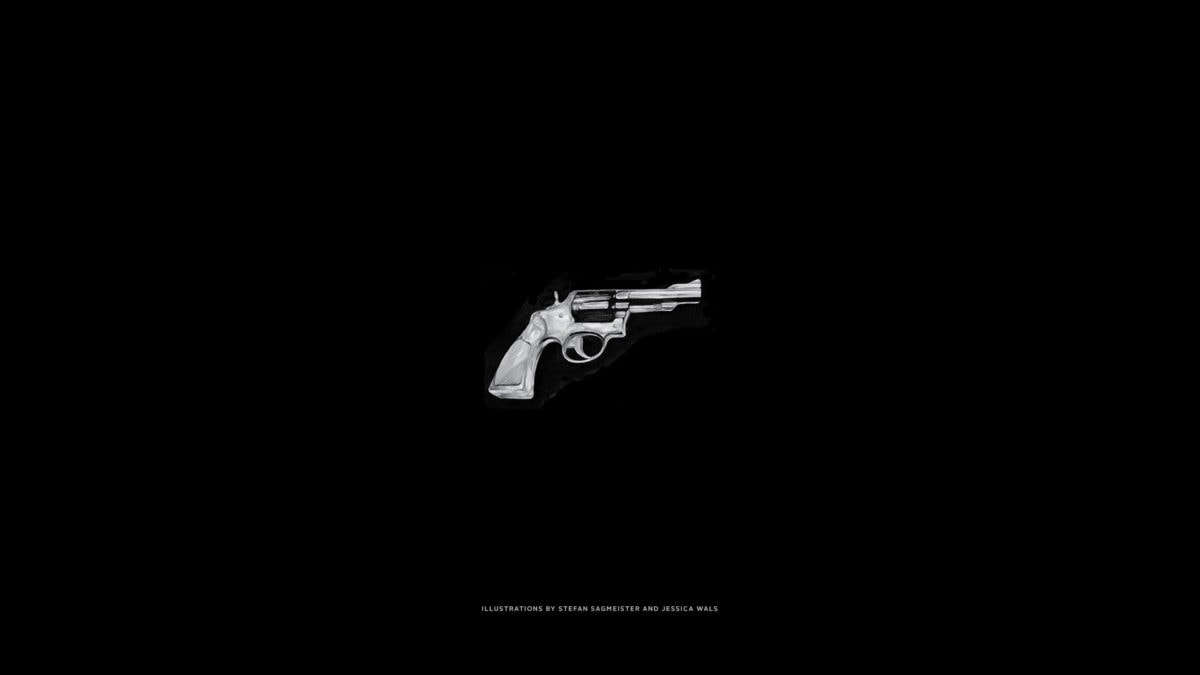A few months ago, a friend of mine found himself sitting in a training session with his new employer. The company, which is large and well-known, has an extensive series of classes and activities to acclimatize all new workers to its vision, values, and business ethos. Like many corporations, non-profits, and even churches, this company wants to develop its staff. To do this, they help each employee to identify their personal and professional strengths. It’s not hard to see the potential gains of this strategy!
On his way through this self-development regime, my friend was asked to complete a personal profile called StrengthFinders. (I myself have taken this one. It’s got a lot offer.) As the training coordinator explained the purpose of StrengthFinders, she noted that it was not a tool for gauging one’s gifts or competencies. Instead, it’s an assessment that reveals the types of activities that give a person a sense of being strong. The idea is then to direct employees to work in areas where they “feel strong.”
At one level, all of this is quite sensible and promising. But there’s a dilemma. One little hiccup. My friend, being the witty provocateur that he is, quickly spied this. And he asked the question that you’re not supposed to ask when you’re doing a StrengthFinders workshop.
“What if what makes me feel strong is harmful to others?!”
In an almost mechanical manner, his coach added the following, expected qualification: “Of course, one’s strengths must be exercised in a manner that promotes the good of broader society.”
Unable to bridle his curiosity—and perhaps with a bit of cheekiness—my friend pressed further.
“But who decides what is good for society? I mean, Hitler thought that all of his aims and projects—undertaken through his remarkable leadership capacities—were good for German society. And the people who voted him into office thought so, too.”
While no doubt playing the rascal, my friend’s questions exposed a predicament that plagues our culture: we increasingly lack a unified vision of the common good. And because such a vision seems to continually evade us, we will inevitably struggle to know how to use our strengths, gifts, competencies…and lives in a worthwhile, beneficial way.
One of the root causes of the problems in our lives, and the problems that our lives cause for others, is self-love.
As long as this is the case, packaged wisdom such as “you should work in ways that make you feel strong” potentially creates all sorts of problems. It’s simply not enough to tell ourselves that we should do what makes us feel strong or what we’re good at. In such abstract form, these statements can be used to justify all sorts of oppression and wickedness. In our highly individualistic society, they can give rise to conduct that is quite detrimental to our neighbours. The investment banker may “feel strong” when he efficiently generates a 30% return on a transaction that turns child sweat into Wall Street gold. The Israeli border guard may feel strong when she pummels an Arab to the ground because his paperwork isn’t in order, and there’s communicative confusion.
Acts that convey a sense of personal strength are not automatically good. They are not automatically to be pursued. And so, statements like the one my friend heard at his training session inevitably need to be qualified. But they can’t be qualified without a vision of the good.
One of the reasons I am a Christian is because Christianity offers just such a vision. I am well-versed in the variations that exist within this vision. I am also more than aware that it is not broadly accepted in our society. Yet, I find it to be cohesive and compelling. It continues to equip me to think about using my personal strengths in a worthwhile, beneficial, and good way.
At the heart of this vision, stands the profound but demanding teaching of Jesus: die to self (Luke 9.23, John 12.25). This turn of phrase—which can seem a bit odd—represents the start of Jesus’ answer to the question of how a person should use his or her strengths. According to Jesus, one of the root causes of the problems in our lives—and the problems that our lives cause for others—is self-love. We think about the self way too much. The self occupies our desires, dreams, and aspirations. The self, says Jesus, has a stench and a destructive wake.
To be blunt, you might say that people think about themselves as much as most people think that men think about sex: a lot. And all this self-preoccupation filters into the way we live our lives: for self-betterment, self-advancement, and self-aggrandizement. Needless to say, all this “selfiness” is quite conducive to using our strengths in ways that don’t serve and benefit others, or society at-large. Or at least in very meagre ways. So Jesus says: if you want to use your strengths well, you need to die to yourself first. This is how he begins to unpack his vision of good life. There’s much more, to be sure. But this is where it starts.
If Jesus were in my friend’s training session, listening to his questions about the responsible use of one’s strengths, I think he’d say something along these lines:
“Don’t just do what makes you feel strong. Pour some self-deprecation and humility into the mix. Die to self so that you can start living for others. Only in this way, can what makes you feel strong line up with goodness. And only this way can you become someone who is free to serve and benefit others.”




